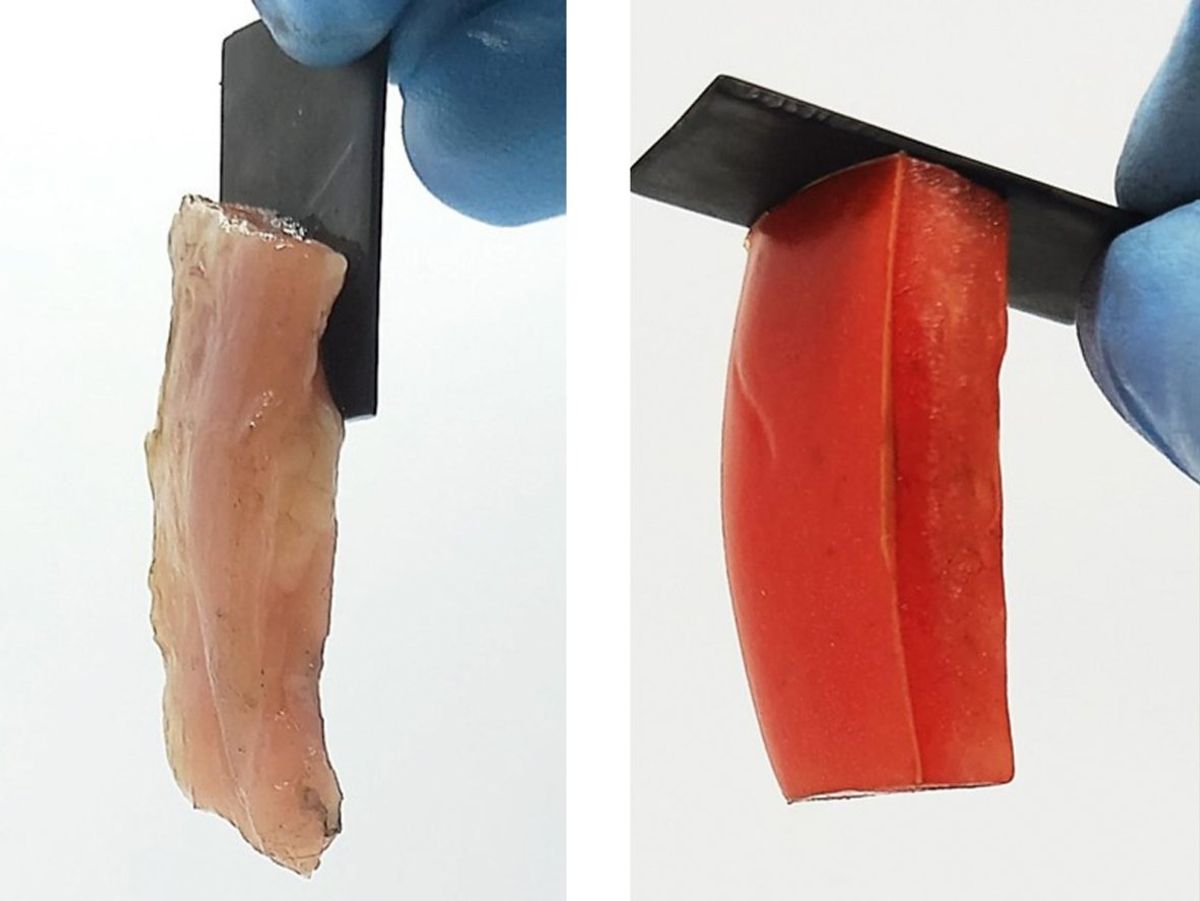Speaking at 1:15 this afternoon in an open meeting, Senator John Kerry delivered what was billed as a report on the prospects for enactment of a U.S. bill limiting the country’s carbon emissions and establishing a carbon trading system. Because Kerry is well known to be the Obama administration's designated point man on climate, both domestically and internationally, the large meeting room slated for his talk--the Hans Christian Anderson room, as it happens--was filled to capacity well in advance of his remarks.
Kerry's speech turned out to be two-parts stemwinder, in which he forcefully preached to the converted about the absolute necessity of taking historic action on climate, two-parts an equally forceful re-statement of the administration's position on emissions verification and targets—and just one part about the prospects for U.S climate change legislation.
The stemwinder need not long detain us: Kerry remarked that difficult climate talks have been taking place for 17 years, with many ups and downs in domestic politics. He gently reminded his audience that the process began in Rio with the 1992 UN Framework Convention on Climate Change, which Bush 1 signed on behalf of the United States, and less gently of the unfortunate years of "delay, divide, deny" that ensued under Bush 2. Etc.
By way of putting the issues facing diplomats here in Copenhagen in context, Kerry pointed out that the United States has just adopted the most ambitious and expensive green energy development program in its history, that half the states in the country already are participating in regional greenhouse gas trading programs, and that some 1,000 U.S. cities have promised to bring their carbon emissions down in keeping with Kyoto (the 1997 protocol to the framework convention that the United States signed but then declined to ratify or implement). The EPA has just issued a finding that carbon dioxide is a pollutant, sending a message to Congress "that if it doesn't legislate, then we'll regulate." A climate and energy bill adopted by the House earlier this year for the first time sets an emissions target for the United States, and Kerry confidently expects the Senate to follow suit early next year.
However, Kerry said pointedly: he will not be able to persuade an Ohio legislator to enact a climate bill if that person's constituents worry about losing their jobs because countries like China and India refuse to make commitments that are independently verifiable. Thus, transparency is a "core issue" for the United States at Copenhagen. Further, he said, "every country that contributes significantly to the climate problem must commit to emissions targets." Admittedly, he continued, this will require developing countries to adopt growth paths that are different from those that brought the world's present-day advanced industrial countries from rags to riches. But having the luxury of "following our mistakes will be cold comfort if it leads to climate catastrophe," Kerry exhorted.
As for the advertised subject of his talk, Kerry conceded that the Senate battle will be tough. But he took comfort from the support that strong climate action is now getting-or so he claimed--from senators like South Carolina's Lindsay Graham and West Virginia's Robert Byrd, the Senate's senior member by far. Byrd, elected in 1959, was cosponsor with Chuck Hagel of the Senate resolution that forever killed any prospect of the United States' ratifying Kyoto.


